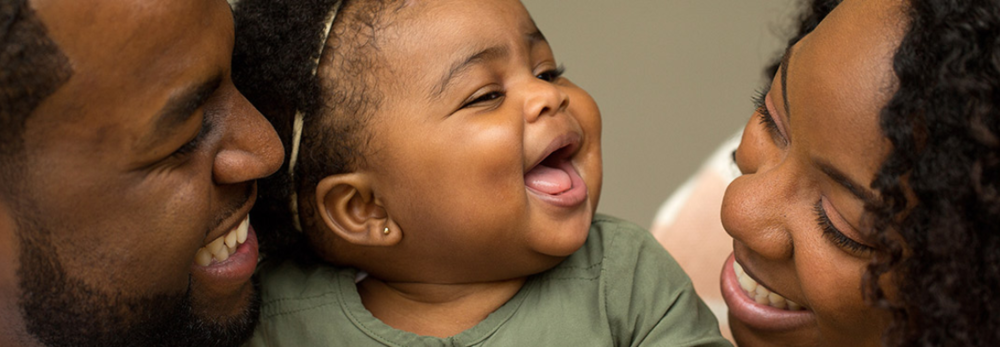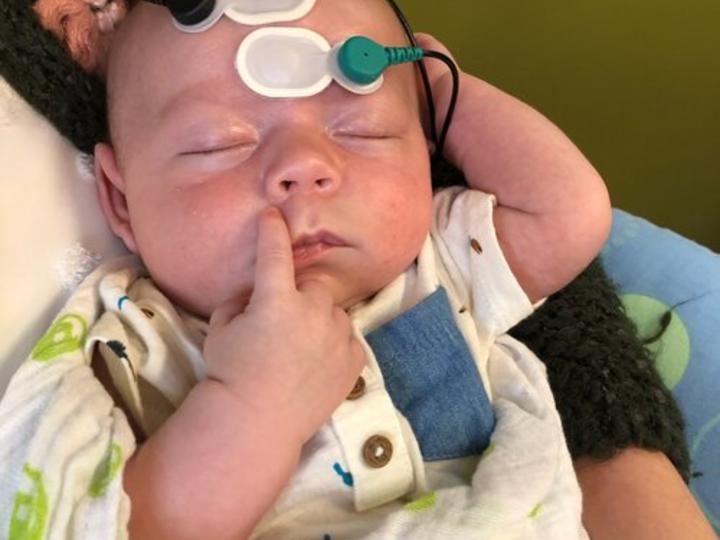Newborn Screening and Rescreening
What is it?
Newborn Hearing Screening is a quick test that checks a baby’s hearing and identifies those babies who need further testing. It is administered by hospital staff following birth.
Why is it important?
- Hearing loss is very common, affecting 3-4 in 1,000 newborns
- 95% of children with hearing loss are born to hearing parents with no family history of hearing loss (Mitchell, Ross E and Michael A Karchmer, 2004)
- Children whose hearing loss isn’t identified until age three won’t receive the necessary early intervention (e.g. hearing aids, therapies) they need to take advantage of the critical learning period
Where to get service or information?
- Georgia’s Early Hearing Detection and Intervention (EHDI) program has coordinators all over the state who work to help families find services! Visit the DPH site and select “Early Hearing Detection and Intervention” to locate your district’s coordinator.
- Need help finding a provider? Check out these maps of infant hearing testing providers around the state.
- Still need help? Email us at [email protected], and we’ll help get you scheduled.
What happens if my baby doesn't pass their newborn hearing screening?

This doesn’t necessarily mean your baby has a permanent hearing loss, but without additional testing we can’t be sure.
- When a baby does not pass the first newborn hearing screen, they should receive a follow-up screening within the first month of life (the sooner the better).
- When a baby does not pass two hearing screenings, they should be seen by a pediatric audiologist for a diagnostic hearing test, called a diagnostic Auditory Brainstem Response (ABR) evaluation as soon as possible
EHDI 1-3-6
According to the EHDI Guidelines, a child should receive a hearing screening no later than 1 month of age, a diagnosis no later than 3 months of age, and entry into early intervention services no later than 6 months of age.
